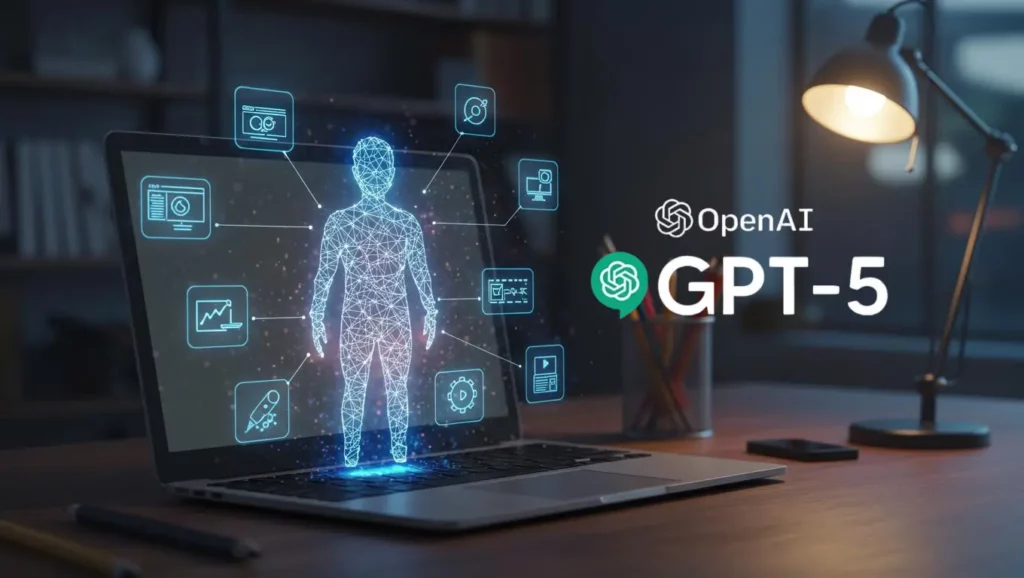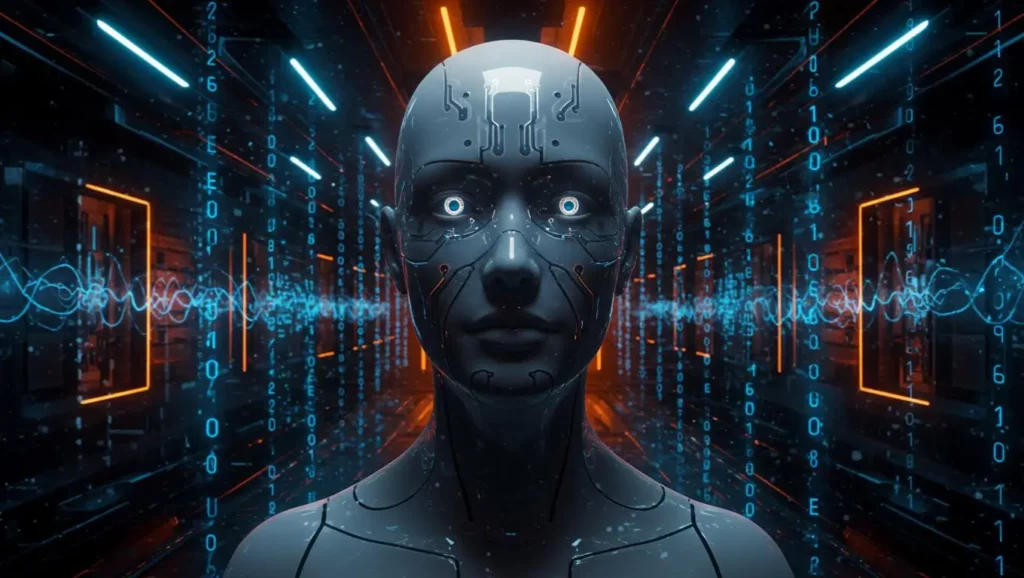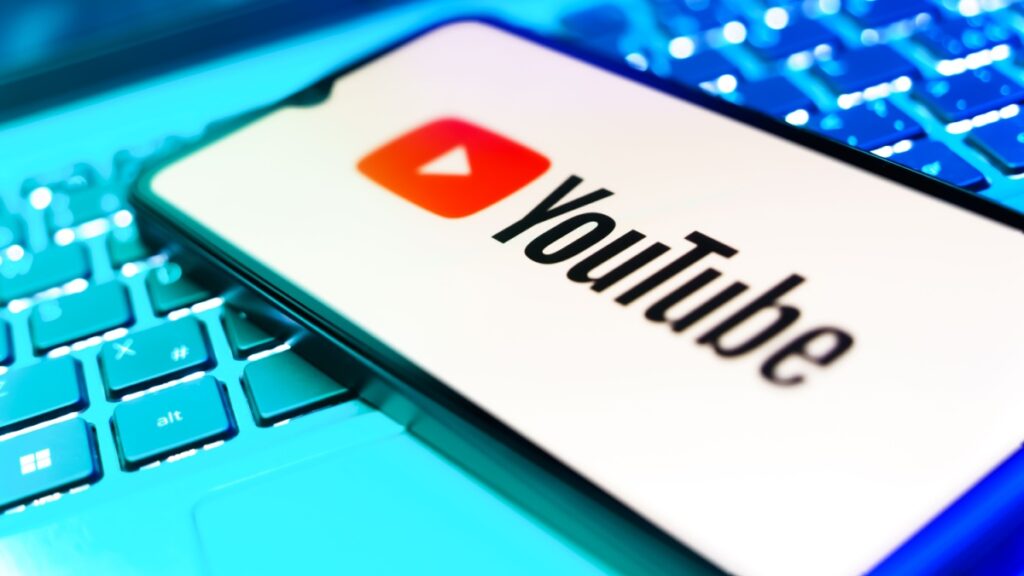The Chatbot of Yesterday Fades Away: Welcome to the Era of ChatGPT Platform, Where Your Digital Assistant Orchestrates All Your Tools Without Leaving the Conversation.
ChatGPT No Longer Just Wants to Answer; It Wants to Act for You
Imagine this: you’re chatting with ChatGPT and, without switching tabs, it books a workout session on Coursera, searches for an apartment on Zillow, or plays your favorite playlist on Spotify. This is the promise revealed by OpenAI during DevDay 2025 in San Francisco.
Before a crowd of 1,500 developers, Sam Altman presented a vision that goes beyond a simple chatbot: ChatGPT is becoming a conversational operating system, a kind of central hub for your digital life.
The goal is to eliminate the juggling between applications. Gone are the multiple tabs and the copying and pasting from one service to another. Everything now happens within the same interface, fluid and contextual. In short, ChatGPT no longer just obeys; it understands, anticipates, and acts.
Total Openness Thanks to the Apps SDK and MCP Protocol
The true engine of this revolution is the Apps SDK. This development kit allows any software creator to design their own application integrated into ChatGPT. Built on the Model Context Protocol (MCP), it paves the way for a full ecosystem of third-party applications.
By the end of the year, developers will be able to submit their creations directly into the ChatGPT ecosystem. This means that your favorite chatbot could soon host your professional tools, games, or daily routines.
But OpenAI doesn’t stop there: with AgentKit, the company provides a set of tools for creating autonomous agents. Features include Agent Builder (a visual workflow editor), ChatKit for customizing conversation interfaces, and safeguards to control content security.
In other words, any developer can create their own little “ChatGPT-like assistant,” tailored to a profession or passion.
GPT-5 Pro and Sora 2: Power and Creation in Motion
On the model front, OpenAI finally opens access to GPT-5 Pro via its API. This is a first: developers can now leverage OpenAI’s most advanced model, designed for complex reasoning and sensitive sectors such as finance, law, or healthcare.
Meanwhile, Sora 2 is making waves with longer videos, more realistic physics, and groundbreaking editing tools. Some view this as a revolution for content creators, while others worry about a new wave of copyright debates.
And the numbers are staggering: 4 million developers are now using OpenAI tools, and API usage has exploded from 300 million to six billion tokens per minute. Even more impressive, 800 million people use ChatGPT every week.
Towards a Proactive and Personalized Assistant: ChatGPT Pulse
Another key announcement is ChatGPT Pulse. This proactive feature goes beyond mere conversation. It analyzes your exchanges, detects your habits, and warns you before you even ask a question.
Need a meeting reminder, a review of a file, or an update on your linked apps? Pulse takes care of it automatically. For now, it is reserved for Pro subscribers on mobile, but all indications suggest it will soon become a cornerstone of the ChatGPT of tomorrow.
This turning point marks a profound change: ChatGPT is no longer a reactive tool; it is transitioning into a proactive digital partner. In short, it becomes a companion for work and creation that learns from you and works with you.




